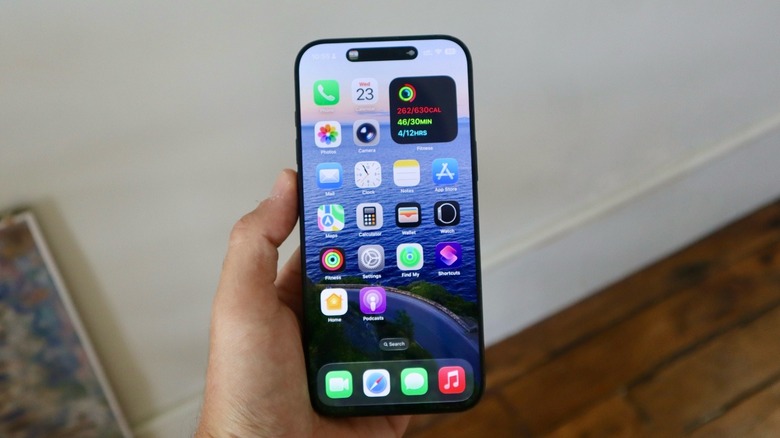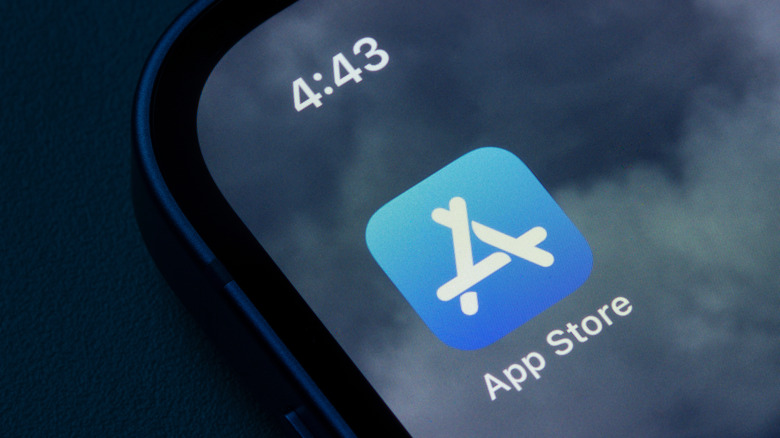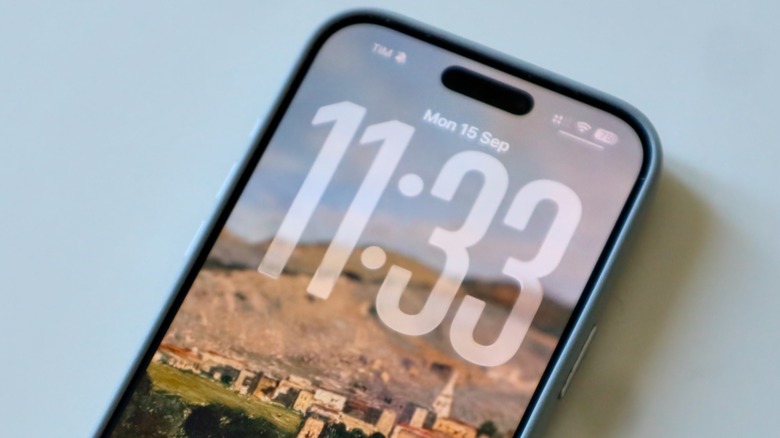Apple Warns EU Rules Are Making iOS More Like Android
In an unusual turn, Apple released a statement about the European Digital Markets Act. The legislation, which took effect last year, made the company open up the iOS system to third-party marketplaces and payment methods, and to share some of its exclusive technologies with other vendors.
While some of these changes include important improvements for user experience in general, Apple continues to say that the DMA is causing the delay of new features in the EU, hinting that some of them might never be released due to privacy concerns. So far, the company says iPhone Mirroring and Apple Maps' Visited Places and Preferred Routes are very difficult to release without compromising users' data. Live Translation, on the other hand, is on track for launch without other companies or developers being able to access the translation.
In the statement, Apple said, "We've suggested changes to these features that would protect our users' data, but so far, the European Commission, under the DMA, it's illegal for us to share these features with Apple users until we bring them to other companies' products."
Apple touts a riskier, less intuitive app experience in Europe
Even though the DMA only offers iPhone users the option to download apps somewhere else and make payments with different providers, the company says that making these changes might be difficult. While the iPhone has been a fundamental part of people's lives for almost two decades, Apple continues to believe users don't know how the internet works.
What makes Apple's statement controversial about risks when downloading apps and making payments is that the App Store has proved itself flawed time and time again. Developers have abused micro-transactions, especially with kids using an iPhone, offered hidden trials with exorbitant prices, and peddled fake apps on the App Store.
While Apple has addressed these issues over the years, we continue to report on the company not offering what was advertised. Some apps even trick the App Store by pretending to serve a specific purpose but let users do something else, such as illegally streaming TV shows and movies.
Privacy should be Apple's only concern
Apple shouldn't be roasting third-party marketplaces since its own option can also pose risks to users. In one instance, a crypto-stealing malware infected numerous apps on the App Store. Despite that, Apple continues to make two valid points that the European Commission should actually listen to: Other companies and developers are trying to access sensitive information, data that not even Apple has access to, and it should remain that way. The European Commission should reassess whether a company could be able to access the content of a user's notifications or the full history of Wi-Fi networks a user has joined.
Apple is also right when it says "the changes to app marketplaces are making iOS look more like Android," and Europe should understand that these are different markets and consumers. While people should have the right to a seamless transition between operating systems, the region won't fix this big tech duopoly 20 years later. It's like trying to make a new operating system happen for computers after a lifetime of Windows, macOS, and a fraction of Linux. Users should have a choice, but if they're all the same, what's the point of choosing?


